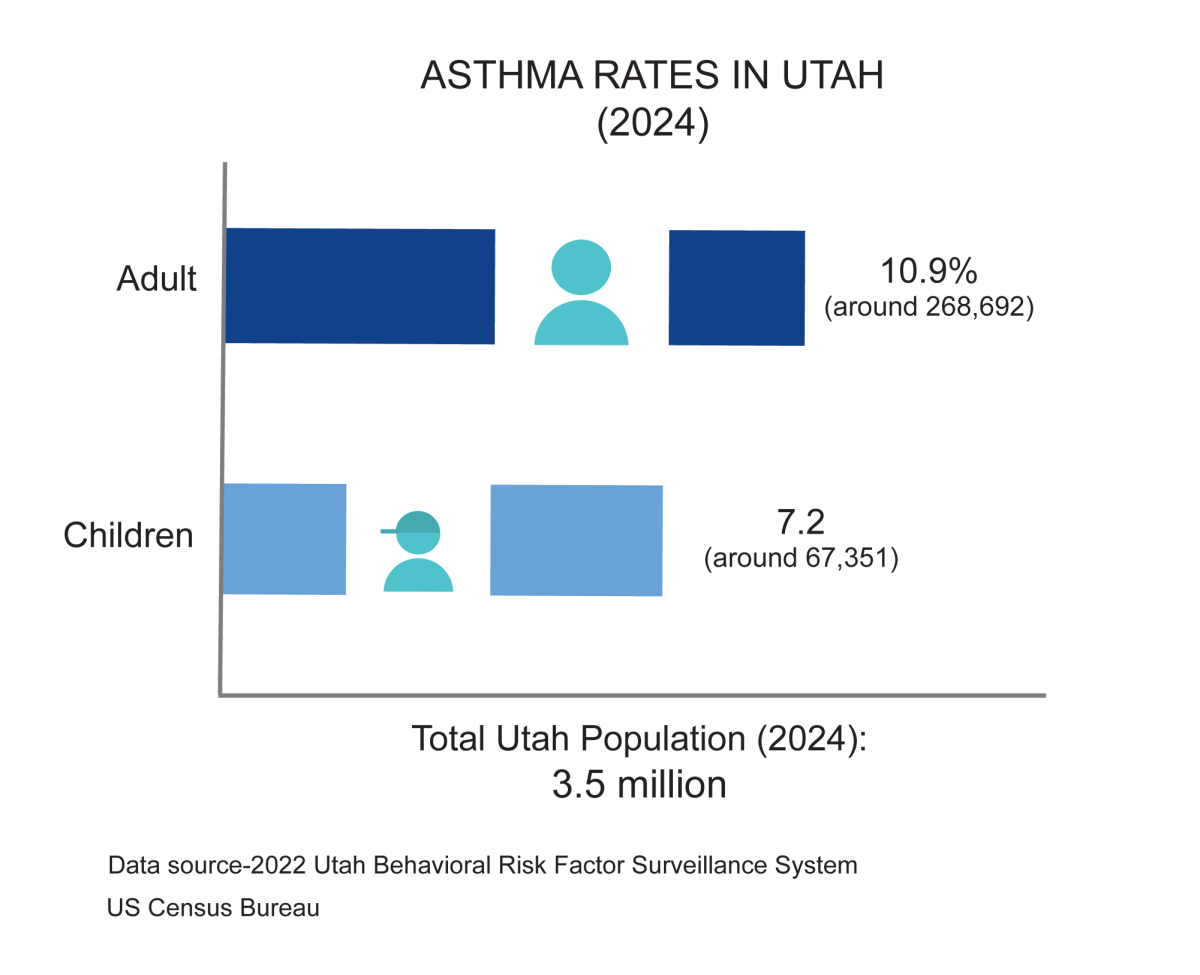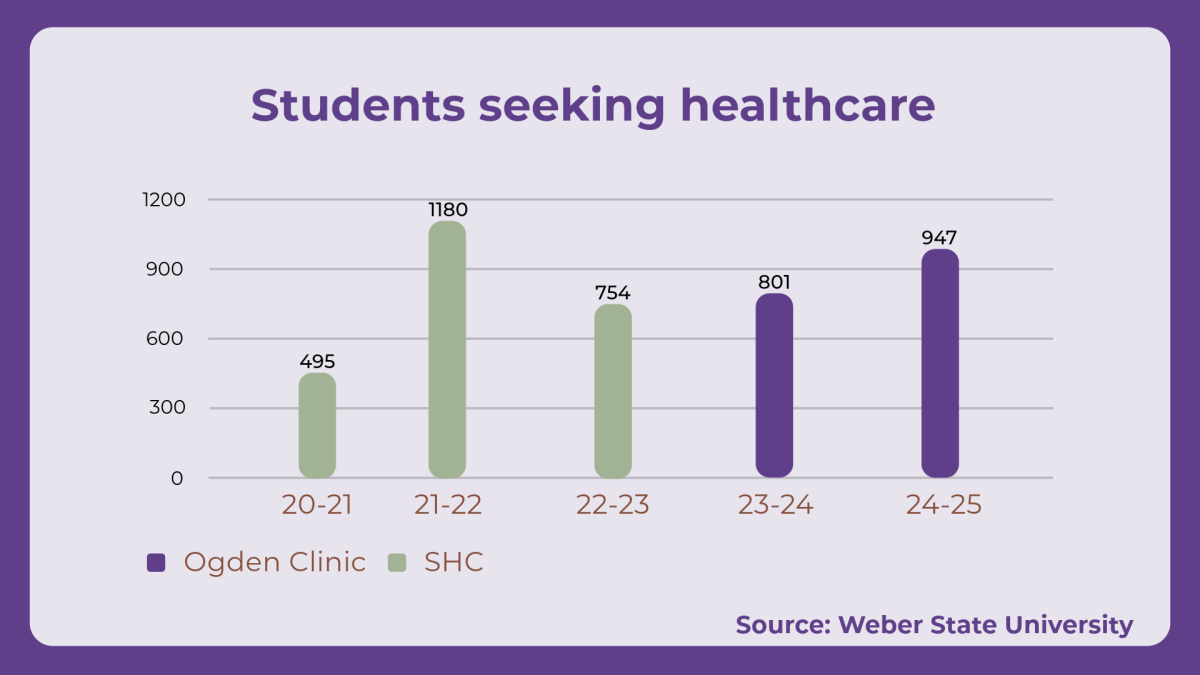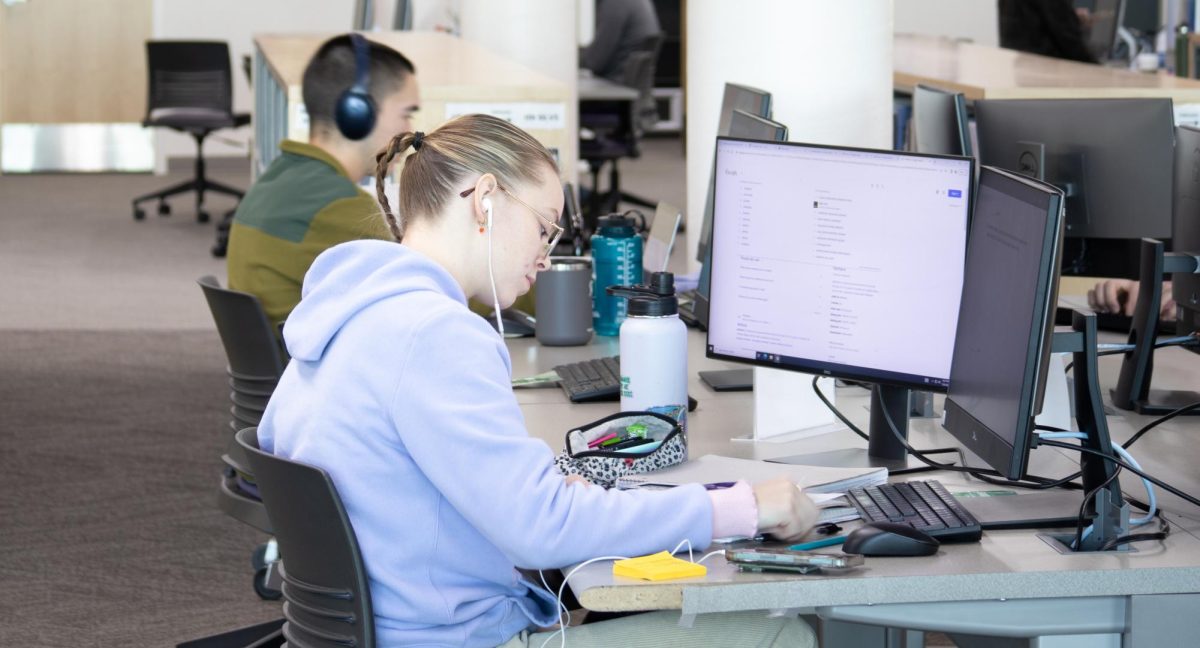
Over the last several years, Weber State University has proven its track record for being a top health care university. The respiratory program at WSU has been one of the many programs offered. This distinct program has helped reach out to other universities, most recently with universities in China.
Paul Eberle, chairman of the respiratory therapy department, said the vice president of Xi’an Medical University approached the department in 2007 with the intention of having the USA provide technical support to China.
“The WSU Department of Respiratory Therapy was asked by Xi’an Medical University to investigate and help facilitate the interaction between China and the USA, and to provide technical assistance in establishing a respiratory therapy program at Xi’an Medical University in central China,” Eberle said. “Since then, 10 physicians, four nurses and the secretary of the Communist Party from Shaanxi Province in Xi’an have visited WSU seeking knowledge and learn about how to integrate respiratory therapy into a culture of eastern medicine traditions. Over the past four years, the respiratory therapy faculty, including Lisa Trujillo, Janelle Gardiner and myself, have given two-day seminars, lectured extensively and visited area hospitals to offer advice and expertise bringing respiratory therapy practice to China. Currently, there are about 100 physiotherapists practicing some form of respiratory therapy, and only one other school has established the practice of respiratory therapy in mainland China.”
In spring 2010, Eberle and Trujillo traveled again to China to provide additional lectures at the Affiliated Hospital of Xi’an Medical University. They also visited the university to meet with their administration and the first respiratory therapy class of 70 students. In May 2011, WSU signed a contract with the Affiliated Hospital of Xi’an Medical University establishing formal ties to further develop the profession in China.
“We are engaged with clinical practice guidelines and intensive interaction with our visiting scholars to provide a context for practice,” Eberle said in an e-mail. “These visitors will return with knowledge of how the US health care system functions and act as resources to their hospitals and in the region for knowledge of the importance of respiratory therapy practice in China. It is our hope that such integration of the respiratory therapy profession into Chinese culture could, literally, impact millions of patients’ lives in the future.”
The benefits of having this relationship with China can potentially open the door to other culturally important customs that both sides can share, and learn and grow from each other.
Eberle went on to say that sharing experiences is integral with learning about the desires and needs of populations of peoples different from the US. The department has an opportunity to learn about Chinese customs and about traditional eastern medicine. A balanced approach to disease management with traditional and western technology appears to have benefits that patients from both cultures can share.
The respiratory program and its ties to China can be the way to put WSU on the map for credited universities and has been for health care programs.
“WSU has developed a great reputation in Xi’an, China, as a quality institution that is unsurpassed in health care education,” Eberle said. “It is considered very highly in terms of health professions practice as a model for similar Chinese institutions to model themselves. Small medical groups from Xi’an, Beijing, Shanghai and Jiamusi would willingly visit for summer seminars, cultural exchanges with health professionals, along with study of other programs offered at WSU to include business, economics, technology, engineering, etc.”
The Dumke College of Health Sciences has a couple of visitors from China all semester who can be found throughout campus, absorbing the knowledge necessary to take back to the Xi’an Medical University.



















